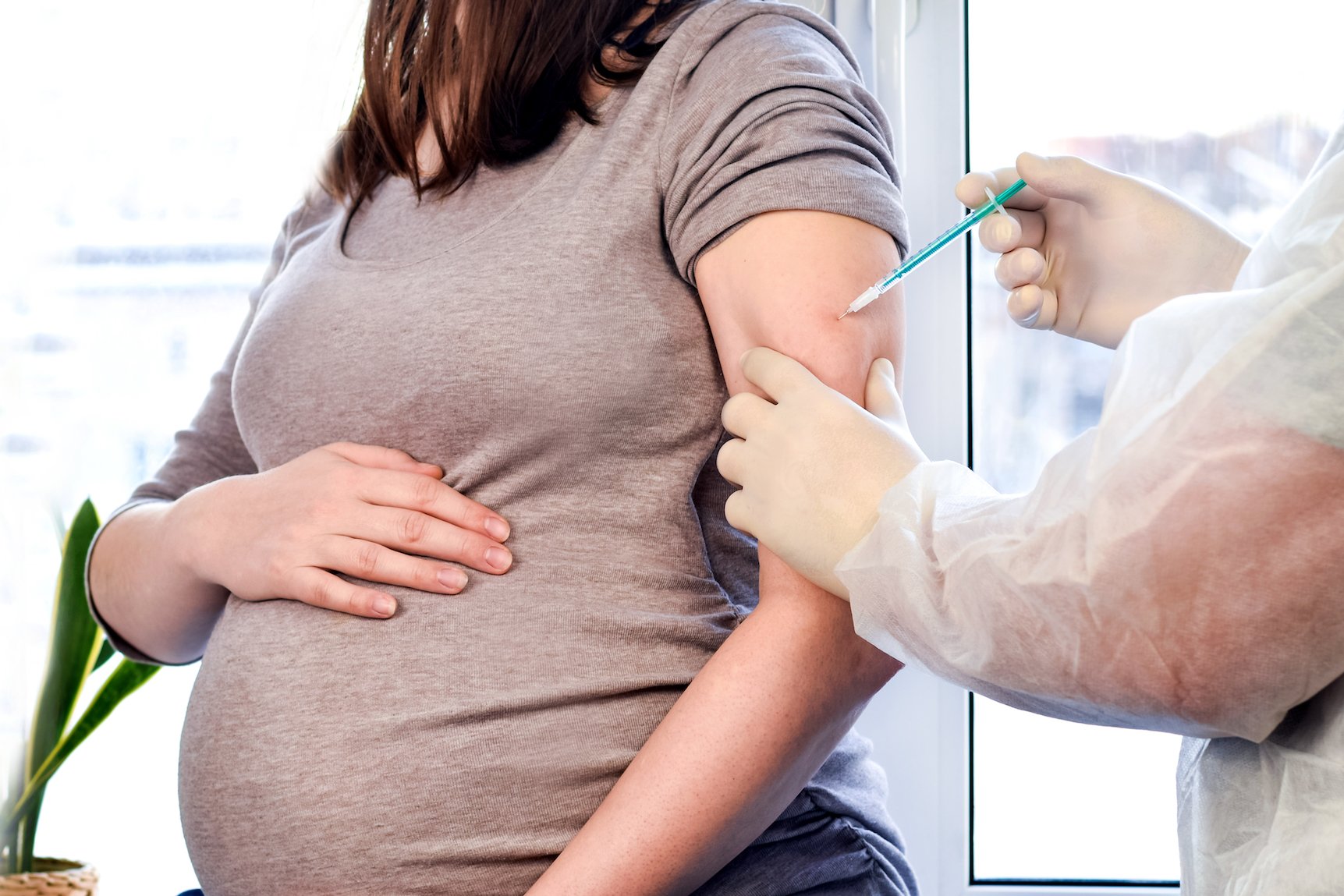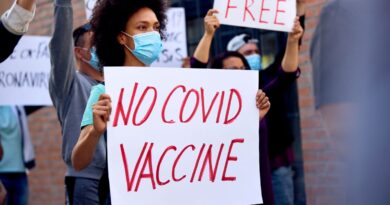mRNA Detected in Breast Milk After COVID-19 Vaccination Can Be Passed on to Infants: New Study

A new study found lactating women recently vaccinated with an mRNA vaccine had detectible mRNA in breastmilk that can potentially transfer to their infant.
Study Found mRNA in 70 Percent of Breast Milk Samples
In the Lancet paper published in September, researchers detected mRNA in 70 percent of women who provided breast milk samples up to 45 hours following vaccination. Although the mRNA detected was largely fragmented and retained only 12 to 25 percent of its original integrity, the researchers said further studies are needed to determine the minimum amount of mRNA that could trigger an immune response in newborns.
Researchers collected breast milk samples from 13 healthy postpartum, lactating women before vaccination and at least twice daily for five days after vaccination. Seven mothers provided breast milk samples after receiving their first and second vaccine doses, resulting in 20 total vaccine exposures and 154 breast milk samples.
Vaccine mRNA was then examined in whole breast milk and breast milk extracellular vesicles. Extracellular vesicles (EVs) are small delivery vehicles released by cells that carry biomolecules such as protein, lipids, noncoding RNA, microRNA, messenger RNA, and DNA. Breast milk contains large amounts of EVs that regulate gene expression, immune function, development, and infant growth.
Of the 13 lactating women who received either the Moderna or Pfizer vaccine, trace mRNA amounts were detected in 10 of 20 exposures up to 45 hours following vaccination. According to the study, the SARS-CoV-2 spike protein was not expressed.
Before breast milk collections, all participants tested negative for COVID-19, and prevaccination samples were negative for COVID-19 vaccine mRNA. Although all women were instructed to provide samples of 5 milliliters or greater, actual amounts were often below the threshold, hindering the experiment.
Safety Assessment of Future mRNA-Based Therapies Needed
The researchers said the significance of their research extends beyond the scope of mRNA COVID-19 vaccines and offers “valuable insights into the transport and presence of vaccine mRNA in breast milk, which can be relevant for assessing the safety and efficacy of future mRNA-based therapies administered to lactating women.”
Lead author Dr. Nazeeh Hanna, chief of the division of neonatology at NYU Langone Hospital and professor of pediatrics at NYU Long Island School of Medicine, told The Epoch Times in an email that it’s unfortunate so many people have overlooked the real value of the study.
This article has been archived for your research. The original version from David Icke can be found here.



